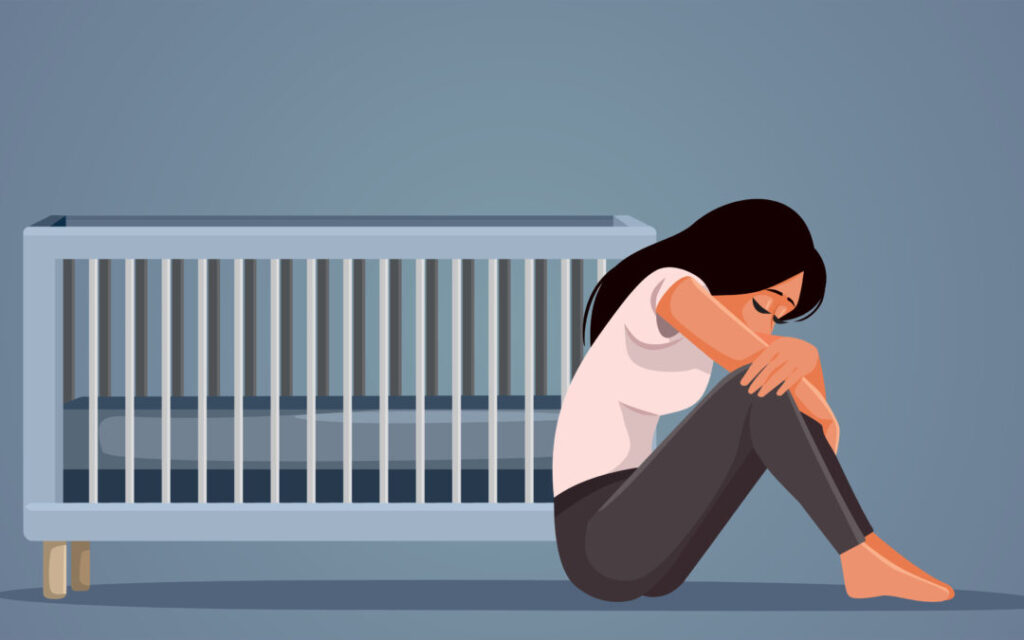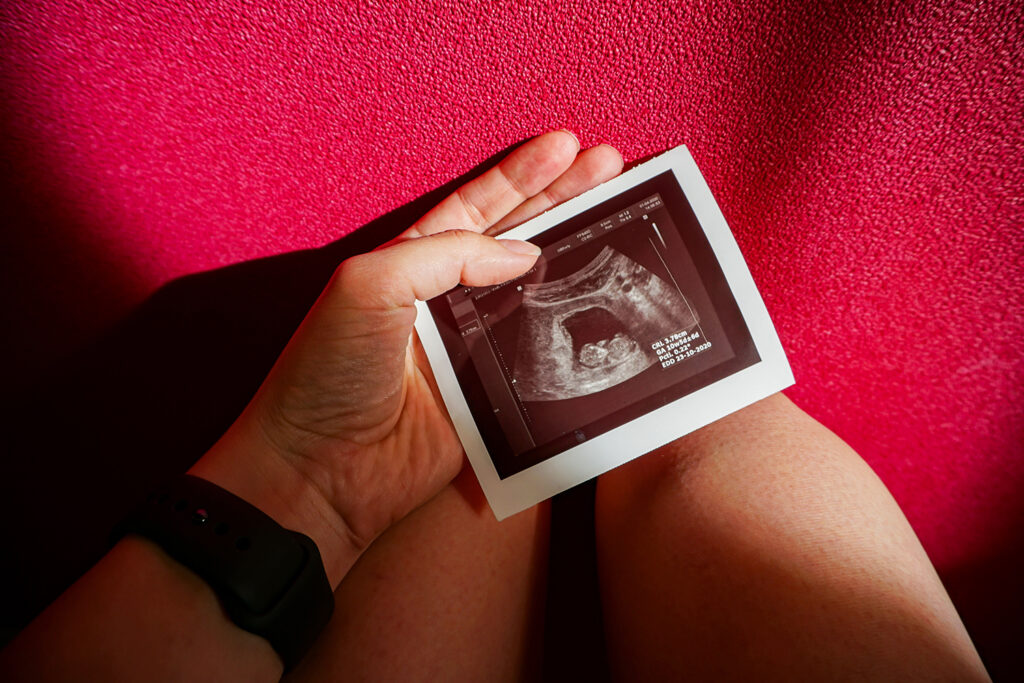
Miscarriage: Experiencing a miscarriage is a deeply personal and often painful event. It can bring forth a multitude of feelings, including grief, sadness, rage, and perplexity. Emotional recovery after a miscarriage is a process that involves time and self-compassion. Here are the top 10 techniques to assist you get through this hard moment and begin the path toward mental healing.
1. Allow Yourself to Grieve
Experiencing grief is a normal reaction to loss. It’s okay to let yourself experience the complete spectrum of emotions following a miscarriage. Whether it’s sorrow, frustration, self-blame, or even a sense of release, it’s crucial to recognize and articulate these emotions instead of bottling them up.
Tips:
- Feel free to let your emotions out by crying if you feel the need to. It’s a natural and healthy way to express your feelings.
- Discuss your emotions with someone you trust, like a friend, family member, or partner.
- Consider writing in a journal as a way to work through your thoughts and emotions.
2. Seek Support
Developing a solid support network can have a major impact on your journey to healing. Make sure to have people around you who comprehend and honor your emotions.
Tips:
- Consider joining a support group for people who have gone through miscarriages where you can find comfort in sharing your experience with others who can relate.
- You might want to think about seeking help from a therapist or counselor who has expertise in dealing with grief and loss.
- Rely on your friends and family for emotional support during this difficult time.
3. Educate Yourself
It can be helpful to gain an understanding of what occurred in order to find closure and progress. Increasing your knowledge about miscarriage can help to clear up any misunderstandings and lessen any feelings of guilt.
Tips:
- To learn about the emotional and medical elements of miscarriage, read books and articles on it.
- Inquire with your healthcare practitioner to get more information about your particular circumstances.
- Recognize that miscarriages are frequent and frequently brought on by circumstances beyond of your control.
4. Memorialize Your Loss
Establishing a monument can bring you a feeling of closure and respect your loss. It may be a heartfelt way to honor and remember your child.
Tips:
- As a tribute to your child, plant a garden or tree.
- Gather mementos or scrapbooks that bring back memories of your pregnancy.
- Have a little ceremony or ritual to bid adieu.

5. Take Care of Your Physical Health
Your physical and mental wellbeing are intimately related. Taking care of your physical needs might provide you the power to mend and improve your mental state.
Tips:
- Consume a diet full of fruits, vegetables, whole grains, and other nutrients.
- Regular exercise will improve your energy and happiness.
- Sleep enough to support your body’s healing and stress management.
Read: How to Manage Pregnancy Acne: Effective 10 Tips and Remedies
6. Practice Self-Compassion
This is the moment to practice self-compassion. Acknowledge that getting well takes time and that having bad days is normal.
Tips:
- Treat yourself with the same consideration and compassion that you would show a friend.
- Remind yourself that miscarriage is often beyond your control and try not to place guilt on yourself.
- Give yourself permission to relax and take pauses as required.
7. Engage in Mindfulness and Relaxation Techniques
Reducing stress and anxiety via mindfulness and relaxation can aid in emotional healing. These techniques can assist you in being grounded and in the present.
Tips:
- Every day, engage in deep breathing exercises or meditation.
- Practice yoga or other forms of relaxation that enhance the mind-body connection.
- To help you unwind, play some relaxing music or enjoy some natural noises.
8. Set Realistic Goals and Take Small Steps
Recovery from a miscarriage is a gradual process. Feeling in control and making progress may be achieved by setting reasonable objectives and doing tiny, doable actions.
Tips:
- Divide up your day into manageable chores and concentrate on one at a time.
- Every day, set attainable objectives for yourself, like going for a walk or phoning a friend.
- Acknowledge your progress and celebrate tiny successes.
9. Focus on What You Can Control
It is natural to experience a lack of control following a miscarriage. Regaining a sense of agency and empowerment may be achieved by concentrating on the areas of your life that you have control over.
Tips:
- To add structure and predictability, establish a regular routine.
- Take part in interests or pastimes that make you happy and content.
- Make decisions about your future on your own time, free from external influence.

10. Consider Future Planning When Ready
After a loss, planning for the future may be intimidating. Plan for the future at your own speed, whether that means pursuing alternative options or trying for another pregnancy when you are ready.
Tips:
- When you’re ready, talk to your spouse and healthcare practitioner about future family planning.
- When making selections, consider all of your options and take your time.
- Recall that it’s acceptable to pause and give your full attention to recovering before deciding what to do next.
Healing emotionally after a miscarriage is a deeply personal journey that takes time, patience, and self-compassion. By allowing yourself to grieve, seeking support, educating yourself, and practicing self-care, you can navigate through this challenging period and find a path toward healing. Remember, it’s okay to ask for help and to take the time you need to heal. Every step you take, no matter how small, is a step toward emotional recovery and well-being.




